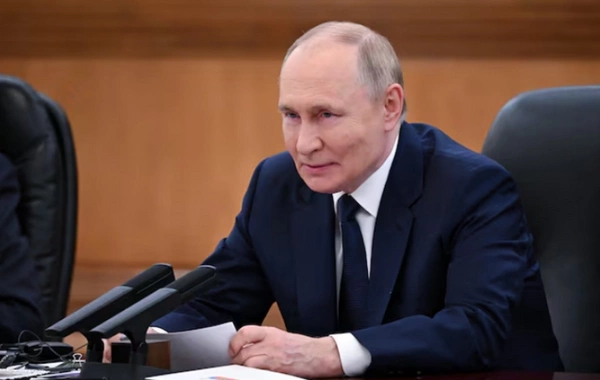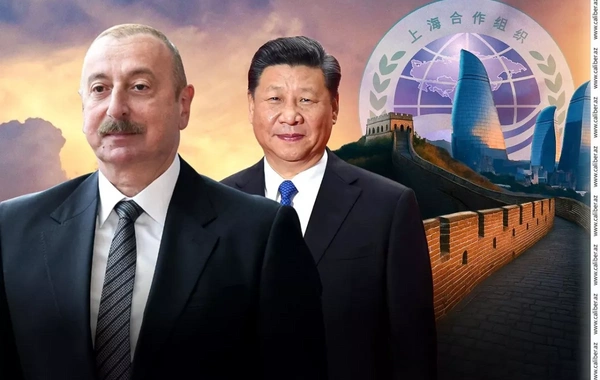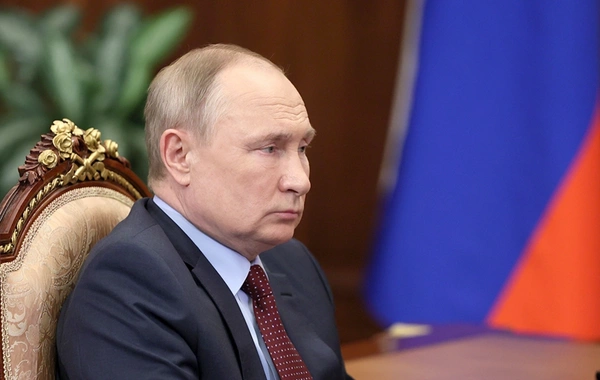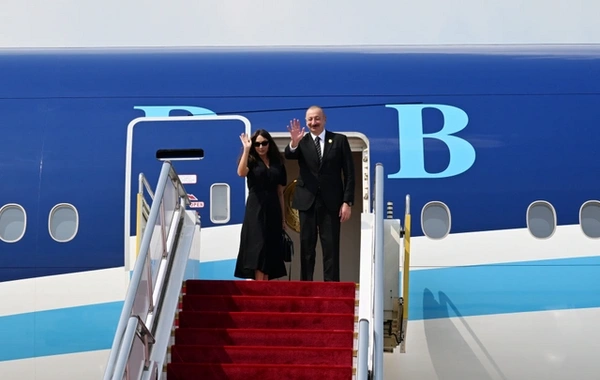Zangezur Corridor: Why the US Wants to Control the Key Artery of the South Caucasus
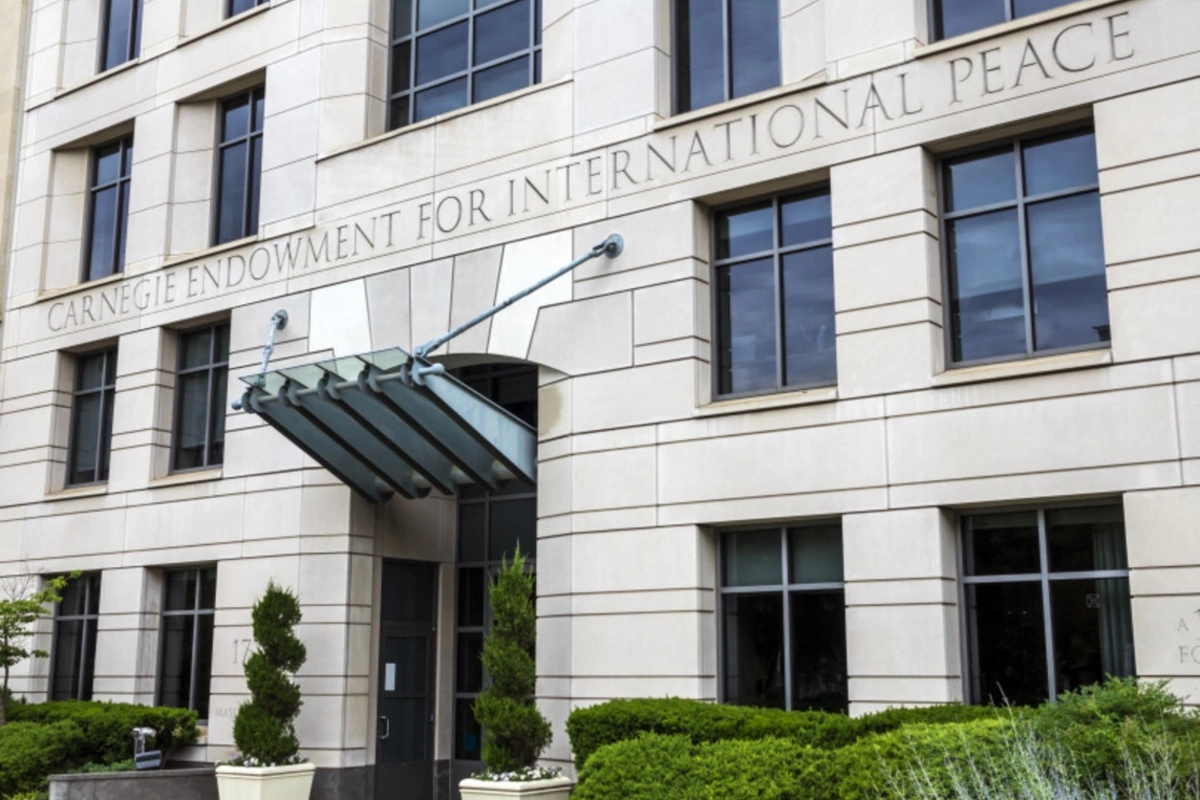
Recently, regional media has increasingly featured publications about the possible transfer of the Zangezur Corridor under the control of an American company. The basis for such reports was an assessment by analyst Olesya Vardanyan from an American analytical center. It's worth noting that CEIP (Carnegie Endowment for International Peace) is an influential Washington think tank whose research is actively used in shaping US foreign policy. Therefore, the appearance of an article timed to important political events can hardly be considered accidental. The publication coincided with two significant meetings: Armenian Prime Minister Nikol Pashinyan with Turkish President Recep Tayyip Erdogan in Istanbul in June - and with Azerbaijan President Ilham Aliyev in Abu Dhabi in July. One of the main topics of these negotiations was the issue of unblocking transport communications, including the Zangezur Corridor.
Verification or provocation?
In this regard, there are grounds to believe that material was deliberately introduced into the information space, the task of which was not only to prepare public opinion in both countries for the potential implementation of such a scenario, but also to test the reaction of governments, writes the newspaper "Caspian".
According to the version voiced by Olesya Vardanyan, we are talking about a private American logistics company that could take over the management of the Zangezur Corridor, providing control over cargo transportation, data transparency, and monitoring in the interests of all parties. It is emphasized that this is not about a government structure, but a commercial operator acting under a "neutral contract."
Notably, on the eve of Pashinyan's meeting with Aliyev, the "Caucasian Knot" portal, citing Armenian Deputy Foreign Minister Mnatsakan Safaryan, reported that Armenia does not rule out the possibility of transferring control to a private American company - provided that this will comply with the principles of a future peace agreement with Azerbaijan.
On June 14, US Ambassador to Turkey Tom Barrack clarified Washington's position, stating at a press briefing that the US offered to take control of the corridor between Armenia and Azerbaijan for a period of 100 years. This was the first official confirmation that the Trump administration is proposing to transfer management of the logistics route to a private American operator acting as a neutral guarantor.
Yerevan changes position
However, a few hours later, Yerevan issued a denial. The Prime Minister's press secretary Nazeli Baghdasaryan stated that the country's authorities had not discussed and do not intend to discuss the possibility of transferring control over their sovereign territory to third parties. These words contradicted the earlier statement by the Deputy Foreign Minister, who had allowed for such an option. It is also interesting that Baghdasaryan's firm position followed the meeting between Pashinyan and Aliyev in Abu Dhabi - which may indicate unofficial agreements on the corridor and a change in the Armenian position.
Previously, Pashinyan had indeed put forward the idea of involving an international operator that would be tasked with creating checkpoints and ensuring the security of cargo transportation between the western regions of Azerbaijan and Nakhchivan. However, he emphasized that this was not about leasing, but about a temporary transit model with a neutral intermediary. Today, the Armenian side prefers not to remember this.
Baku consistently rejects any external role in controlling the movement of goods through its territory. Ankara also supports this position.
It can be assumed that after a series of trilateral negotiations (Pashinyan - Erdogan, Pashinyan - Aliyev, Aliyev - Erdogan), a consensus is forming on resolving the unblocking issue exclusively in the format of regional trilateral cooperation, without the participation of external players.
New approach in changing realities
It is significant that Azerbaijan increasingly rarely mentions the ninth point of the Trilateral Statement of November 9, 2020, which provides for the participation of Russian border guards in ensuring the security of transit through the Armenian section of the corridor. This can be explained by the noticeable cooling of relations between Baku and Moscow, especially after recent actions by Russian security forces against Azerbaijani citizens, which caused wide public resonance. Against this background, leaving control to Russia does not seem a reliable option for Azerbaijan.
Thus, in Baku, Yere
Similar News
Political observer: Moscow's goal is to achieve certain results in Azerbaijan
According to Vladimir Solovyov, Russia intends to unite with Iran to fight against Azerbaijan, however, the Islamic republic itself is not even aware of this. M...




 Azərbaycanca
Azərbaycanca  По-русски
По-русски  English
English 
